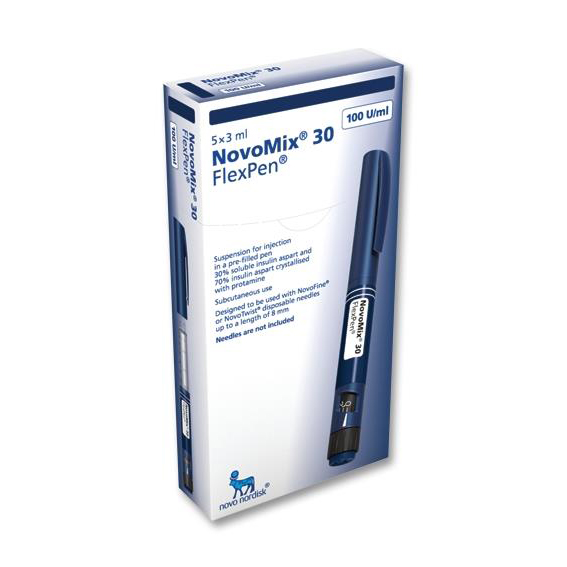Description
Aldactone is a potassium-sparing diuretic that prevents your body from absorbing too much salt and keeps your potassium levels from getting too low.
Aldactone is used to diagnose or treat a condition in which you have too much aldosterone in your body. Aldosterone is a hormone produced by your adrenal glands to help regulate the salt and water balance in your body. Aldactone also treats fluid retention (edema) in people with congestive heart failure, cirrhosis of the liver, or a kidney disorder called nephrotic syndrome. Aldactone is also used to treat or prevent hypokalemia (low potassium levels in the blood).
Do not use Aldactone if you have kidney disease, urination problems, or high levels of potassium in your blood. Do not use potassium supplements or other diuretics while you are taking Aldactone.
Before using this medication, tell your doctor if you have liver disease, or if you use a steroid or another diuretic.?Avoid drinking alcohol, which can increase some of the side effects of Aldactone. Avoid a diet high in salt. Too much salt will cause your body to retain water and can make this medication less effective. Do not use salt substitutes or low-sodium milk products that contain potassium. These products could cause your potassium levels to get too high while you are taking Aldactone.
Avoid becoming overheated or dehydrated during exercise and in hot weather. Follow your doctor’s instructions about the type and amount of liquids you should drink. In some cases, drinking too much liquid can be as unsafe as not drinking enough. If you are being treated for high blood pressure, keep using this medication even if you feel fine. High blood pressure often has no symptoms.
Do not use Aldactone if you have: kidney disease or are unable to urinate; high potassium levels (hyperkalemia); or?if you are taking potassium supplements or other potassium-sparing diuretics such as Aldactazide, amiloride, or triamterene.
Before using Aldactone, tell your doctor if you have: heart disease; liver disease. If you have any of these conditions, you may need a dose adjustment or special tests to safely take Aldactone.
Side effects of Aldactone include headache, diarrhea, cramps, drowsiness, rash, nausea, vomiting, impotence, irregular menstrual periods, and irregular hair growth. Fluid and electrolytes imbalance (for example, low sodium, low magnesium, and high potassium) may occur, so patients should be monitored carefully. Enlargement of the breasts (gynecomastia) may also occur and is related to dose and duration of therapy. It usually reverses upon discontinuation of spironolactone.






Reviews
There are no reviews yet.